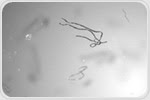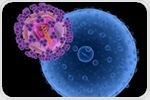| ||||||||||||||||||||||||
| ||||||||||||||||||||||||
| ||||||||||||||||||||||||
| ||||||||||||||||||||||||
| ||||||||||||||||||||||||
| ||||||||||||||||||||||||
jueves, 29 de agosto de 2019
Immunology | Medical News | Medical Articles | Immunology |
Medical News | Medical Articles
Suscribirse a:
Enviar comentarios (Atom)






























.png)









No hay comentarios:
Publicar un comentario